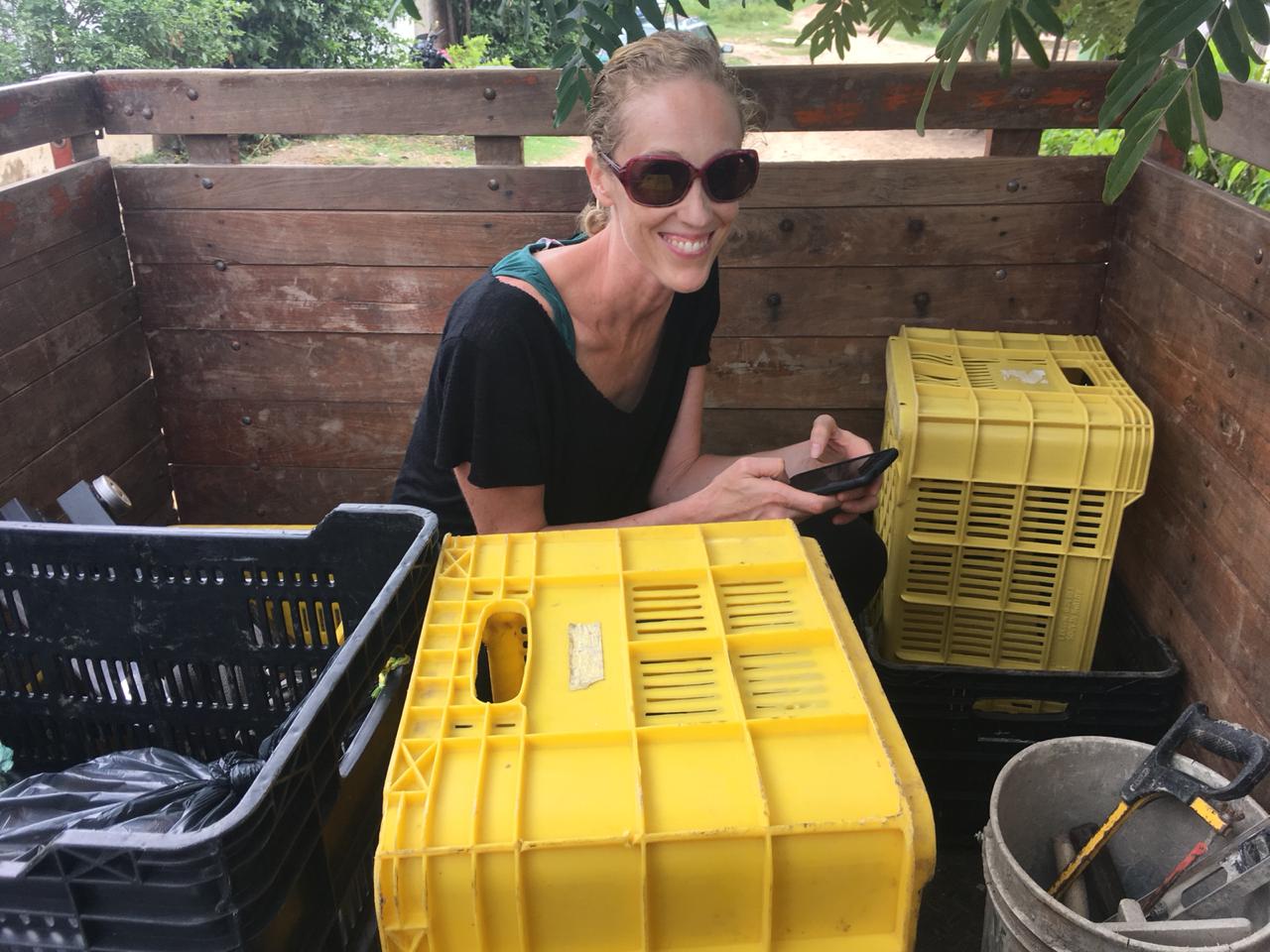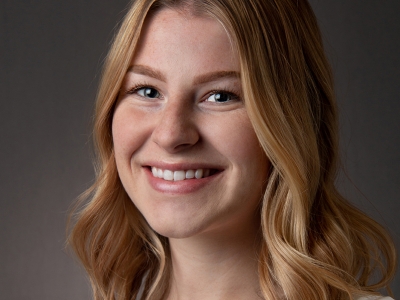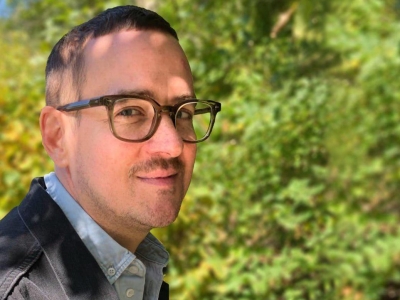By Karen Kelly
In 2018, Rachel Schmidt spent four months in Colombia, interviewing almost 100 former guerrilla and paramilitary members in cities, rural areas, and the Amazon. She was drawn by the experiences of women in the leftist guerrilla groups, which espouse feminist rhetoric and have numerous female members.
“My research focuses on why combatants desert from insurgent groups, with comparative analysis of men and women’s pathways out of violence,” she explains. “It’s estimated that 30% of the Colombian guerrilla groups are women, while the right-wing paramilitaries have very few women. I looked at the question of why some combatants stay and some go, and how gender norms and organizational framing affect those decisions.”

Rachel travelling by truck in Colombia
Schmidt began mapping what she calls “framing contests” between the various non-state armed groups and the government: revolutionaries vs. “narco-terrorists”, victims vs. perpetrators, and “loyalists” vs. “deserters”. She was fascinated by the way ex-combatants framed themselves and how highly gendered organizational narratives influenced members of these groups to stay or go, especially the women.
“The women are framed symbolically by both sides, which drastically restricts options for women combatants who want to demobilize,” explains Schmidt. “Once demobilized, ex-combatant women enter a society that has pegged them as exploited rape victims, even if they see themselves as revolutionary fighters. If they desert, their former group labels them as traitors and liars. These limited options significantly impede women’s reintegration.”
Overcoming Setbacks
Schmidt originally started her PhD in NPSIA in 2009, but after three years, she was diagnosed with a rare form of leukemia. She had two small children and needed a stem cell transplant. After taking a leave of absence, she reluctantly dropped out of the program.
“I had significant side effects from cancer treatment, so I decided to withdraw and work part-time,” explains Schmidt. “After about four years, I started to feel like myself again, my kids were older, international events had changed dramatically, and I realized that if I didn’t finish my PhD, it would always nag at me.”
Schmidt credits NPSIA with accommodating her request to return, and Professor Jean Daudelin for helping her refocus her research after such a long absence. She only had to make up a couple of courses before she was back on track.
Schmidt’s PhD dissertation was nominated for a Senate Medal, and her research continues. She was named a SSHRC Postdoctoral Research Fellow at the Josef Korbel School of International Studies at the University of Denver, where she will turn her dissertation into a book. After that, she wants to expand her study of framing to other conflicts around the world.
“Thanks to NPSIA, I made a lot of great professional contacts in the field,” says Schmidt. “I’m looking forward to more post-doctoral opportunities in peace-building and human rights research.”
Tuesday, June 16, 2020 in Convocation, FPA Voices, Students
Share: Twitter, Facebook



